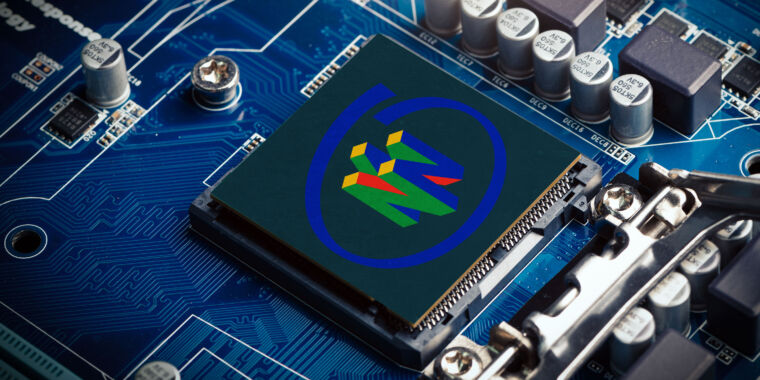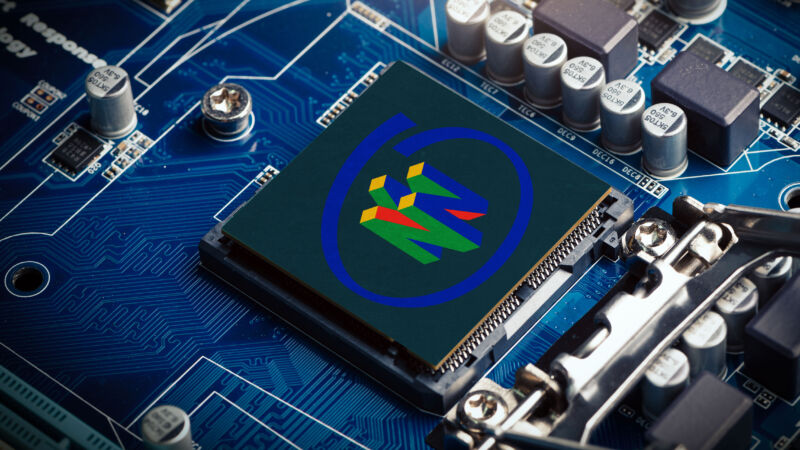As the Kernel Turns: Rust in Linux saga reaches the “Linus in all-caps” phase
Rust, a modern and notably more memory-safe language than C, once seemed like it was on a steady, calm, and gradual approach into the Linux kernel.
In 2021, Linux kernel leaders, like founder and leader Linus Torvalds himself, were impressed with the language but had a “wait and see” approach. Rust for Linux gained supporters and momentum, and in October 2022, Torvalds approved a pull request adding support for Rust code in the kernel.
By late 2024, however, Rust enthusiasts were frustrated with stalls and blocks on their efforts, with the Rust for Linux lead quitting over “nontechnical nonsense.” Torvalds said at the time that he understood it was slow, but that “old-time kernel developers are used to C” and “not exactly excited about having to learn a new language.” Still, this could be considered a normal amount of open source debate.
But over the last two months, things in one section of the Linux Kernel Mailing List have gotten tense and may now be heading toward resolution—albeit one that Torvalds does not think “needs to be all that black-and-white.” Greg Kroah-Hartman, another long-time leader, largely agrees: Rust can and should enter the kernel, but nobody will be forced to deal with it if they want to keep working on more than 20 years of C code.
Previously, on Rust of Our Lives
Earlier this month, Hector Martin, the lead of the Asahi Linux project, resigned from the list of Linux maintainers while also departing the Asahi project, citing burnout and frustration with roadblocks to implementing Rust in the kernel. Rust, Martin maintained, was essential to doing the kind of driver work necessary to crafting efficient and secure drivers for Apple’s newest chipsets. Christoph Hellwig, maintainer of the Direct Memory Access (DMA) API, was opposed to Rust code in his section on the grounds that a cross-language codebase was painful to maintain.
Torvalds, considered the “benevolent dictator for life” of the Linux kernel he launched in 1991, at first critiqued Martin for taking his issues to social media and not being tolerant enough of the kernel process. “How about you accept that maybe the problem is you,” Torvalds wrote.
As the Kernel Turns: Rust in Linux saga reaches the “Linus in all-caps” phase Read More »


